Cancer campaign reduces women to ‘boobies’

I knew it was Breast Cancer Awareness Month not because of the minor color changes on my screen during NFL games, or the inspirational memes being “shared” on my Facebook newsfeed, but because I was walking through the Student Union a week ago being harassed by a sorority trying to advertise its bake sale.
“Buy a cupcake! Save the boobies!” they screamed at me as I walked by, with huge grins on their faces. Their mouths full of take-out salad protruded a very professional demeanor.
As I turned to examine their signs, which all said variants of “Save the Boobies” or “Save the Ta-Tas,” I shook my head and thought to myself “people are dying from this disease.”
People’s mothers are dying of this. Your aunt’s self-esteem has been ruined because of the mastectomy she needed in order to live. Special bras are made for survivors who only have only one remaining breast. Putting it lightly, breast cancer is kind of a serious topic.
Dumbing down a fatal illness to cheap bracelets engraved with crude, middle school-esque, slang-laden slogans trivializes the 39,620 women the American Cancer Society estimates will die from breast cancer just in 2013 alone.
Since this is a cancer that affects a very sexual and sexualized part of a woman’s body, the phrase “save the boobies” brings up the question as to why breast cancer awareness has gotten to where it is about the body part, and not the person themselves.
Save the ta-tas? Save the boobies? How about save a person?
Also, if you are a small-busted woman who develops breast cancer, is your cancer less important to these advocates? Is there a formula that determines the appropriate level of concern per cup size?
The fact that society adds this sexual nature to a very devastating situation is unnerving, and, to me, creepy. It almost comes off as predatory. I wouldn’t take to it very kindly if I developed breast cancer and someone told me they were concerned primarily for my breasts.
Many argue that it’s a cute or funny way to help bring awareness to a serious issue, to help make people more comfortable about having a dialogue about the disease. However, I’m not sure that’s the right way to initiate the conversation.
The Buffalo Pink Dress Run is a great example of an event that raises awareness as well as funding for the cause. It’s a great way to balance the seriousness of the disease with a healthy dose of light-heartedness. While everyone is doing a two-mile run in pink outfits in the name of fundraising, there are also awards for best individual and group costumes.
Awareness campaigns for serious illness should not make any part of their demographic feel objectified. They should make people feel comfortable enough to engage in conversation about the illness while encouraging them to take action. Whether that action is to get a breast exam, talk to survivors, donate funds or participate in a silly charity run, it is better than implying that a cancer victim is simply a pair of “ta-tas.”
Email: [email protected]


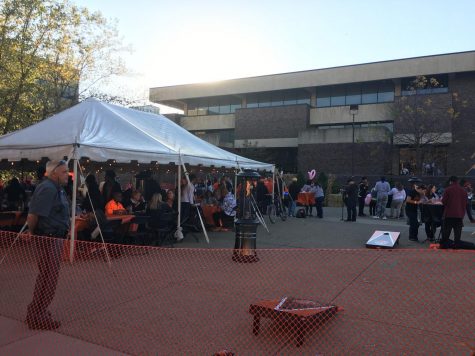


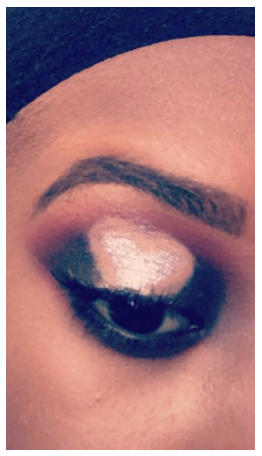
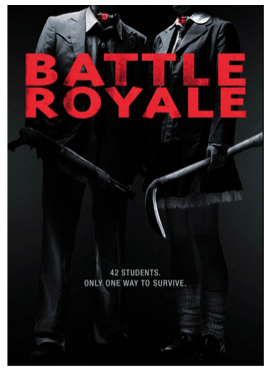

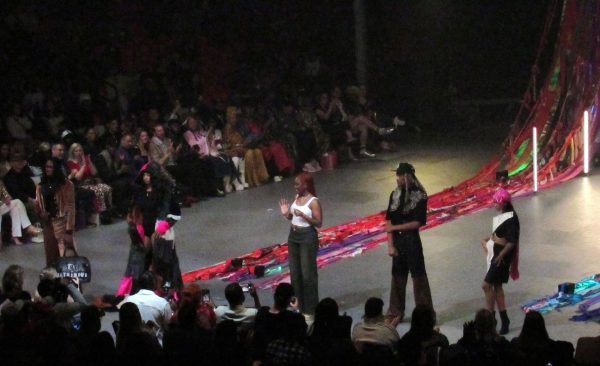
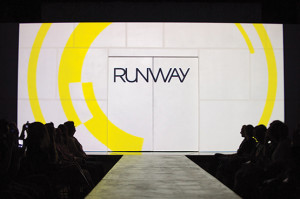
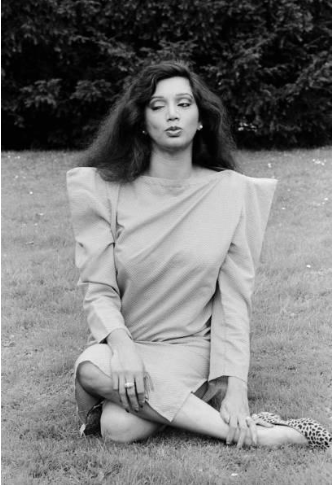
Ryan Southland • Oct 23, 2013 at 11:33 pm
Even as a husband and father I too find this campaign very distasteful, disrespectful, and even outrageous. In fact, I see this as just another indication that very real problem of cancer awareness and research has been distorted into a profitable endeavor at any cost – including a woman’s dignity.